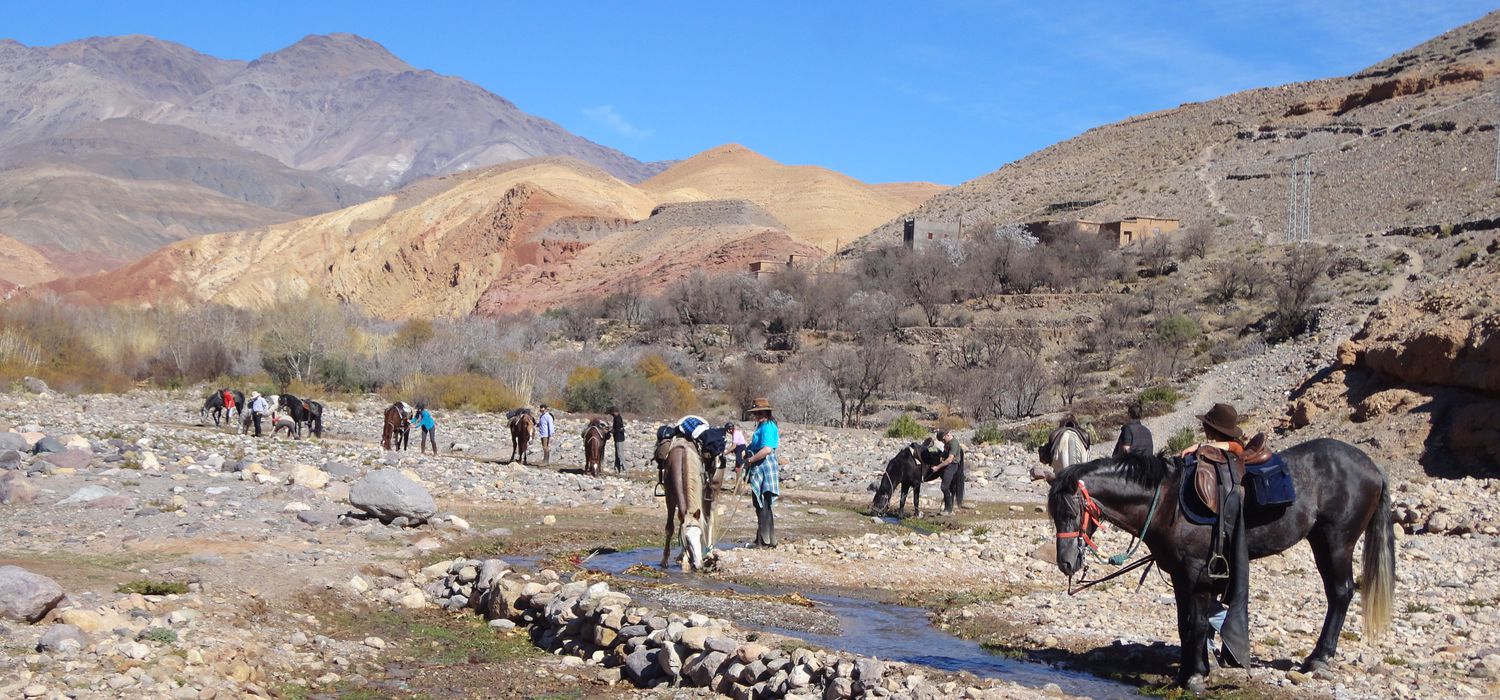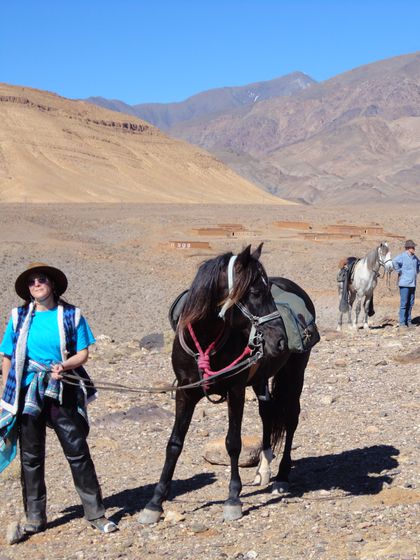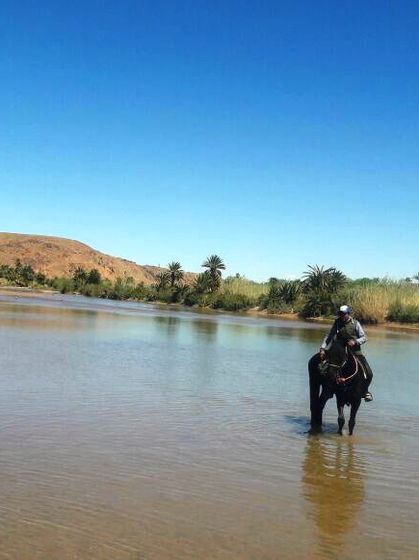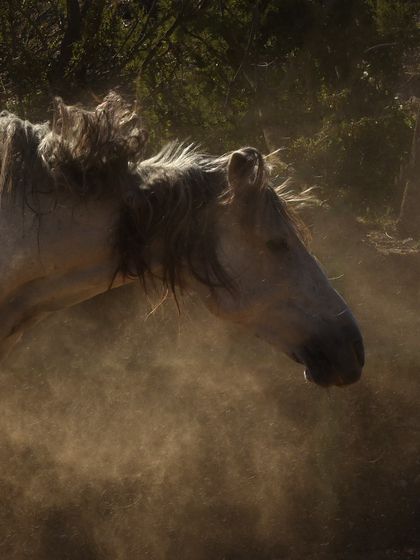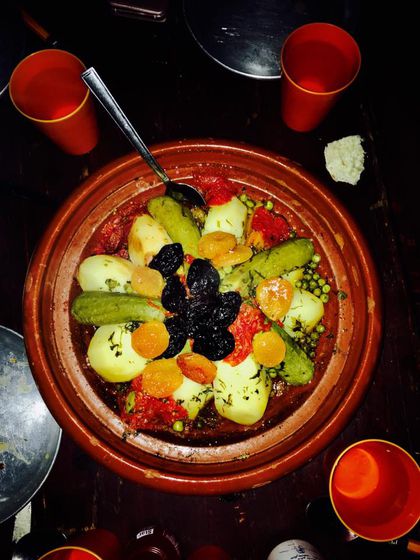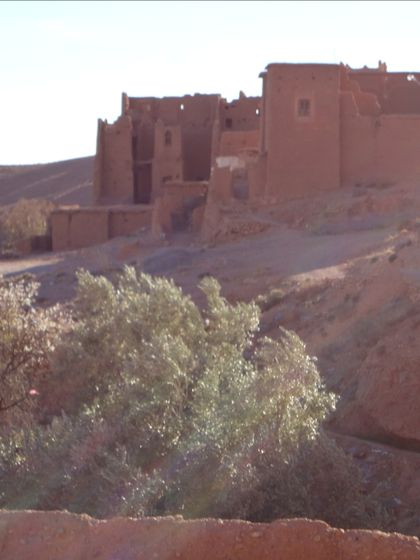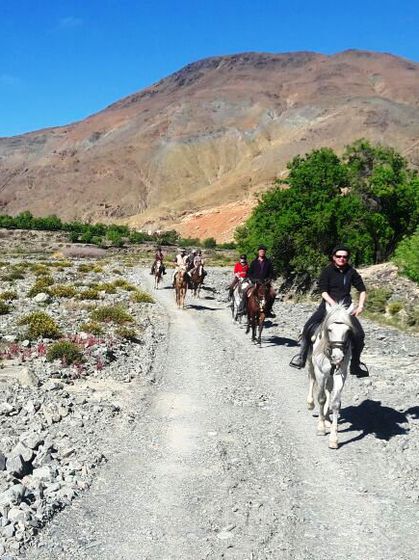Description
Ouarzazate is also known as the 'door to the desert'. Located in the south-central part of Morocco, the town is the last big settlement that leads to the famous Sahara Desert - the largest hot desert in the world and the third largest desert after Antarctica and the Arctic. It stretches from the Atlas mountains in north Africa to the Sahel in the south and has a combined surface area of 3,600,000 square miles - a size comparable to China or the USA. To the south of Ouarzazate lies only sand, but that desert holds a multitude of landscapes and terrains, from open plateaus to high dunes and the oasis-filled Draa Valley.
On this ride, you will follow part of one of the most famous routes of Morocco - the route of 1000 Kasbahs.
A Kasbah originates from the Arabic for the “central part of a city” or, more colloquially, a “fortress”. The kasbahs functioned as places to host wealthy families and as meeting points along busy trade routes. This region of southern Morocco is home to over a thousand of these ancient kasbahs - hence the name of the route today. The kasbahs are in varying states of conservation, some located in the plains and others built on higher places offering clear views across the plains below. They can be very different in certain regards, but commonly have a rectangular layout with 4 defensive towers and a single entrance access, as well as several upper floors for different uses. However, this basic layout still forms an infinite series of variations.
Riding local Berber stallions, which are not castrated in line with local tradition, you will discover this circular trail through palm groves, visit villages dug into the mountains and follow the river with camping next to a lake. Pass through Berber & Arab villages, experience the local rural way of life and camp in remote but beautiful spots.
Your hosts are French-Moroccan and consider their horses to be members of their family. They aim to introduce you to the culture of their country as well as their horses and will provide authentic Moroccan meals freshly prepared by their chef.
These trails are camping based and you spend each night in a different location. You can choose to camp as the locals do, sharing one large 4m x 4m tent, or in a smaller tent, sleeping within your own space.
